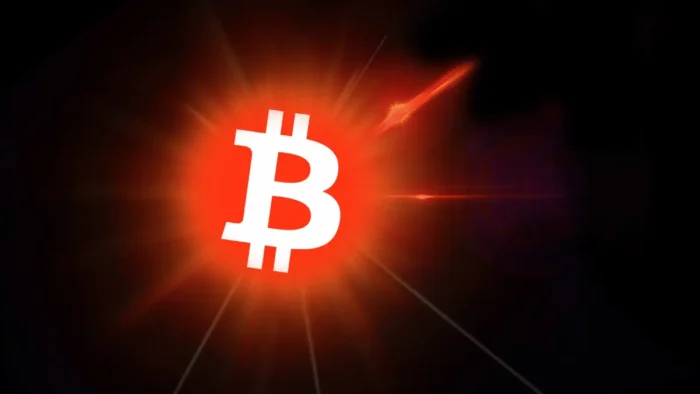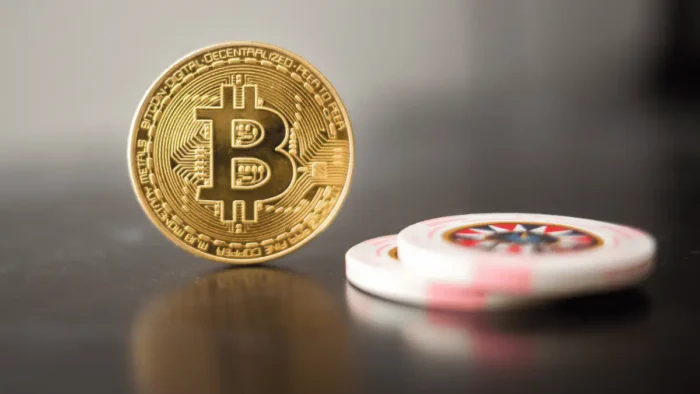Anyone that has even the slightest interest in world affairs would know that China and The United States don’t get along on many issues. And while the two of the largest world economies are seen constantly jostling for supremacy, there is one more area for which both are competing for supremacy: Bitcoin mining.
Bitcoin is slowly emerging as the new face of future currency as the world shifts towards digitization. In April, the value of Bitcoin skyrocketed, surpassing the mark of $63,000 and registering a new all-time high. While its price has, since then, plunged, its popularity has not. The Bitcoin frenzy is continuing to heat up as more and more investors pour in.
There are several forces that have been pushing the value of Bitcoin. Recently, due to the pandemic, the fears of an increase in inflation have been on the rise. Since Bitcoin is viewed as an effective hedge against inflation due to its scarce nature, many institutional investors including financial behemoths have jumped aboard the Bitcoin bandwagon.
The extremely volatile nature of the digital asset has also been a prime reason for its increasing popularity and value. Trading platforms and tools, such as the Bitcoin Future App have been playing an important role in this crypto trading frenzy. By employing advanced technologies and powerful algorithms, these make trading decisions on the behalf of many novice investors.
How Bitcoin Mining Works
Because the value of Bitcoin has gone up so markedly, Bitcoin mining has become more and more popular and it can be fabulously lucrative.
Cryptocurrencies, like Bitcoin, don’t have a central register. Instead, their strength comes from what is called a distributed ledger, the Blockchain. The blocks on the blockchain contain details of every transaction in the currency’s history. And as new transactions happen, they have to be placed in blocks and added to the chain. A new block contains roughly two and a half new transactions.
In order to validate the new block, each one contains the answer to the puzzle from the last block. The reward for solving these complex mathematical problems and validating transactions is 6.25 BTC per valid block mined.
The Fight For Supremacy
Both countries are battling it out over Bitcoin mining supremacy as this will decide who controls the infrastructure that powers the cryptocurrency.
Miners require cheap electricity that is fortunately abundant in some parts of China thanks to dams and coal power plants that were built by the state in the past decade. That electricity then powers the fast machines that are necessary to solve the mathematical problems in order to eventually mint new coins.
China is also home to the vast majority of mining equipment production and so miners always have speedy access to the best technology. But the crypto industry in China lives with uncertainty. While mining itself isn’t illegal, virtual currency trading and crypto exchanges have been banned in China as they’re seen as risky to the country’s financial system.
In the last few months, some Bitcoin industry insiders have said that Beijing accused some Chinese miners of money laundering and froze their credit cards, making it difficult for miners to cover their operating costs. And so in order to help other miners develop their business despite the risks, some are lending loans so they don’t have to go through Chinese banks.
And due to the favorable condition, despite strict government scrutiny, China houses the most Bitcoin mining farms by sheer volume. But Chinese miners are now facing growing competition from overseas.
North American Miners, on the other hand, is catching up. The United States has infrastructure that can facilitate Bitcoin mining. With the decline in manufacturing, many factories have closed. In addition, energy prices in certain areas of the United States are affordable and cheap. And so, a number of miners in America are creating corporations that attract the support of institutional investors that then help fund high-tech running sites.
Industry insiders and academics who study mining say that the US efforts may be good for the future of the cryptocurrency as the original goal of Bitcoin was to create a currency that would not be controlled by one entity.
However, US miners also aren’t immune to facing scrutiny from financial regulators at home that have proposed plans to hold the industry to the same standards followed by traditional financial institutions. But the more immediate resistance to US miners could come from local communities concerned about the environmental impact of Bitcoin mining.





